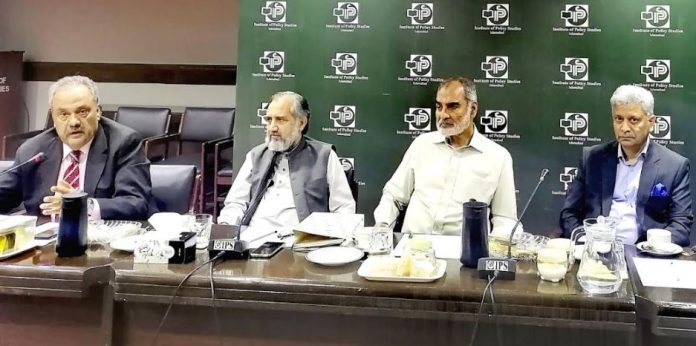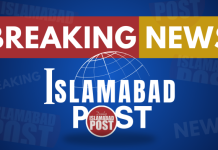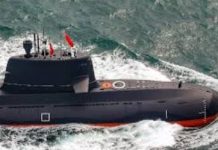Islamabad, /DNA/ – Though there are a few genuine problems with the Iranian regime, the fault-lines are being systematically targeted through media-framing and threat-perception building in an orchestrated manner which, in turn, fuels unrest by mobilizing the populace, both domestically and internationally.
This was observed during a session, titled ‘The Current Unrest in Iran and its Impact on Pakistan and the Region’, held at the Institute of Policy Studies (IPS).
The session was addressed by Iran affairs experts Ambassador (r) Asif Durrani and Dr. Nazir Hussain, dean faculty of social sciences and humanities, University of Wah, besides Khalid Rahman, chairman IPS, and Ambassador (r) Syed Abrar Hussain, vice chairman IPS.
The speakers were of the view that continuity of such political instability and unrest in Iran would have implications for Pakistan and the region. Moreover, the Western world, by making Iran’s unrest a pivotal debate, may produce a fallout in Pakistan and exploit its fault-lines revolving around internal issues. The speakers emphasized that in order to preempt these implications, exploitation, and media framing, it is crucial that there is unity and less polarization between all religious and political elements of Pakistan.
The speakers were of the view that incidents that caused unrest are not new for Iran but, at times, an increased level of turmoil provides an opportunity for entities to exploit it to fulfill their ulterior agendas and corner elements which are a bigger threat or problem. The current unrest in Iran follows the same trend and is of interest to many global players for varied reasons entailing domestic or international agendas.
Considering this, a prominent role in forming public political opinion on Iran’s situation is being played by the Western media, they highlighted. Though there are problems in Iran, the depiction by the media, through employing media framing and building threat perception, is inaccurate in its meaning. It is not only intensifying the disturbance but also mobilizing the demand to bring a political change in Iran.
The speakers pointed out that this is a part of non-traditional warfare in which fault-lines are exploited to fulfill an agenda. These fault-lines can be internal conflicts in a system and disagreements among the public.
In the case of Iran, they further noted that so far it has been managing well its political fault-lines, such as the extreme disagreement of people and governmental flaws, in order to avoid greater unrest by maintaining continuity in the political system. However, greater challenges regarding the continuity of the supreme religio-political leadership, another fault-line that is being eyed by hostile entities, may emerge in the future.












